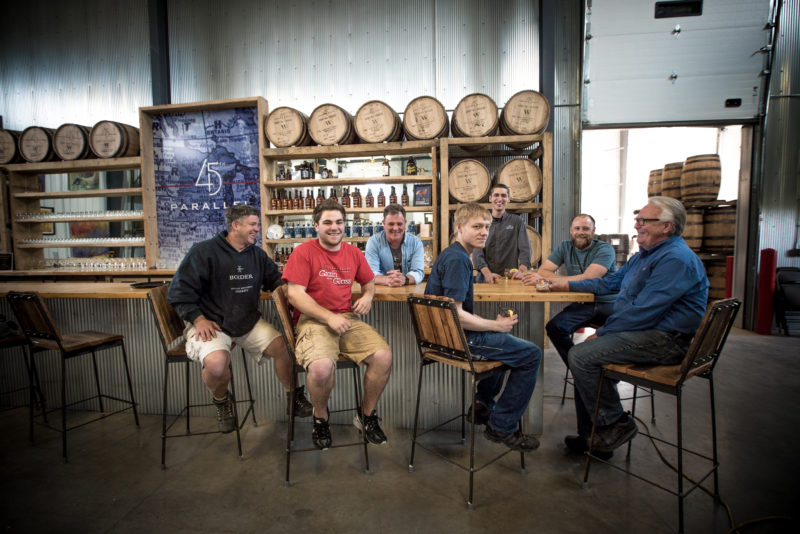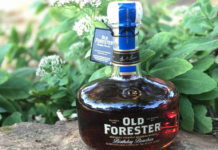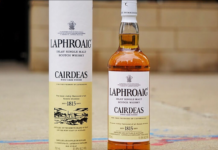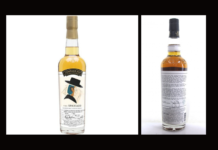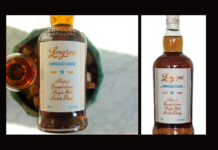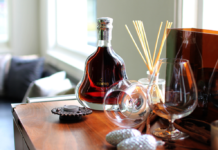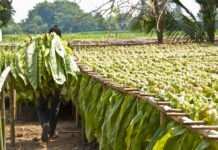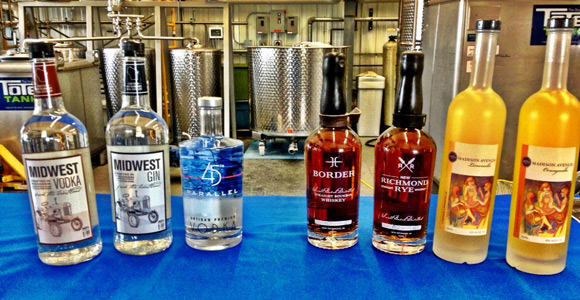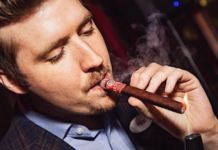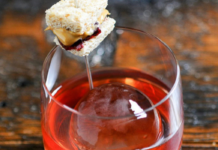Paul Werni is originally from Milwaukee, grew-up in the small north central Wisconsin town of Merrill. It is near there that Paul first saw the roadside sign for the 45th parallel. Paul followed his oldest sister to Minneapolis to go to school. There he met his wife, Tina. They settled in Northeast Minneapolis and started a family. In the city he started a landscape construction business with a close friend. Ten years later after helping build a successful business, Paul personally decided to move on. Relatively secure, he figured he could stay home up to a few years, while he decided what to do next and spend more time with his kids. Three months later the idea for 45th Parallel came to be. Paul wanted to create world class vodka with a manageable staff and facility in the Midwest where the grain is grown.
Paul read anything he could find on distillation, rereading some things many times. He attended a couple of workshops in the New Hampshire and traveled to Germany and Austria to tour and gain more knowledge about small distilleries. He learned with the help of Christian Carl’s Alexander Plank and Nicholas Haase. They answered more questions than they probably thought could be asked. Admittedly, Paul is more self-taught than formally trained in distillation methods. He found with time and study creating high-quality premium vodka is reasonably achievable. The only thing in his way was fear. Starting a distillery is expensive, relatively rare and risky. With his wife and family approving of the gamble he set out to build 45th Parallel Spirits, LLC.
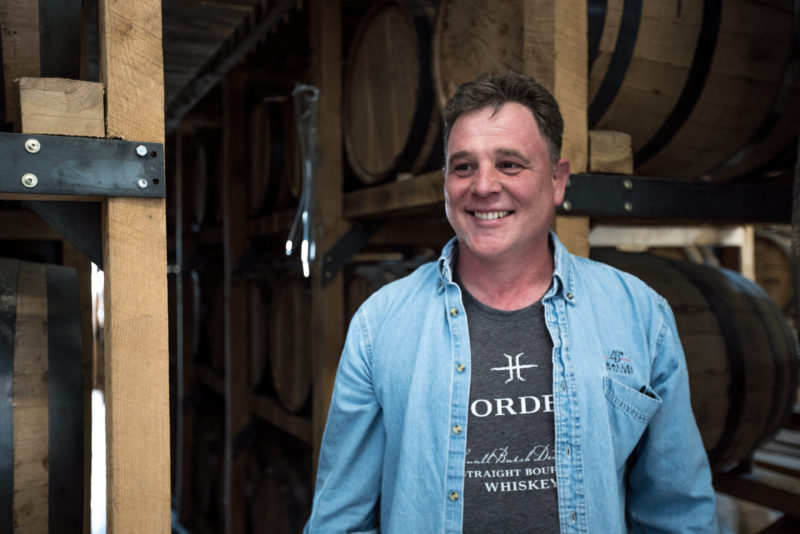 P: In 2004 I sold my half of a business to spend more time at home with the kids, travel a little, and help my wife pursue her career. During my time at home I pondered a new career. I envied family spirit producers and family owned manufacturing businesses. I wanted to build a business that made things with a world class appeal. Distilling fit my criteria of being creative, manufacturing and products with world class appeal. Initially we distilled only clear spirits. Eventually, we were approached to make whiskey on a contract basis. Contract distilling was the catalyst to distilling whiskey.
P: In 2004 I sold my half of a business to spend more time at home with the kids, travel a little, and help my wife pursue her career. During my time at home I pondered a new career. I envied family spirit producers and family owned manufacturing businesses. I wanted to build a business that made things with a world class appeal. Distilling fit my criteria of being creative, manufacturing and products with world class appeal. Initially we distilled only clear spirits. Eventually, we were approached to make whiskey on a contract basis. Contract distilling was the catalyst to distilling whiskey.
Does the name 45th Parallel Distillery have any significance or meaning? Can you tell us about the distillery?
P: Most of my life I have lived along the 45th Parallel. The farm we get our grain from is on the 45th Parallel. It is a latitude that is important in other spirit producing regions: France, Italy and the Pacific Northwest. I read that most of the grain used in vodka production is grown above the 45th parallel.
That’s an interesting fact Paul. So what is your philosophy on creating spirits?
P: I believe in paying attention to details and practicing patience are most important when producing a spirit that takes years to mature.
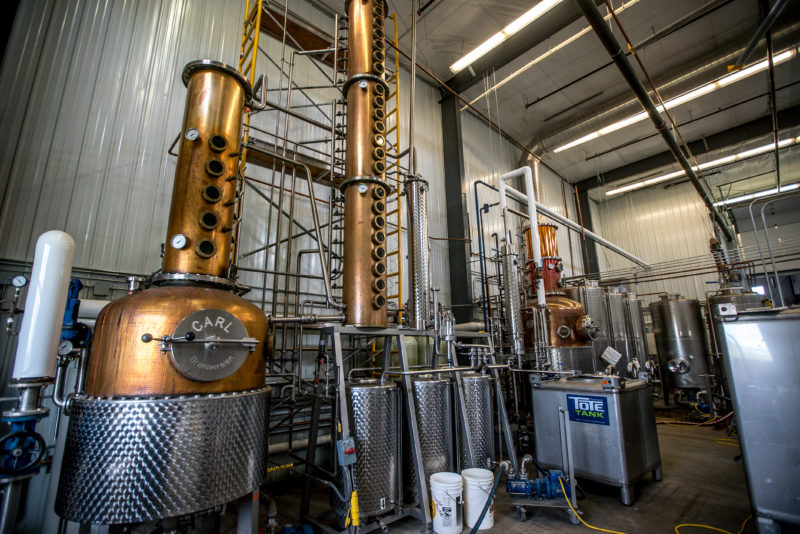 P: Now my role is to oversee the operation. I spend more time in the office than I’d like. I deal with the contract customers, staff, production scheduling, planning, inventory, packaging and financial duties.
P: Now my role is to oversee the operation. I spend more time in the office than I’d like. I deal with the contract customers, staff, production scheduling, planning, inventory, packaging and financial duties.
How important is the geographic location and the temperature to the maturation process of the spirit ?
P: We are close to the farmers providing our grain and livestock for disposal of the grain. Kentucky brings in a lot of grain from the Midwest to make whiskey. We don’t have to leave our county to find the grain we need. Water is plentiful and inexpensive at our location. A lot of water (200,000 plus gallons/month) is needed. Our climate, wide temperature swings, is excellent for aging American style whiskeys.
Please tell us which Whiskey you currently produce, and how are they different?
P:
Whiskeys: 4 yrs aged in 53 gallon barrels from 3 yr air dried staves.
Bourbon: 4 grain, corn dominant and a little sweet.
Rye: 3 grain, Rye dominant and spicy.
Wheat: 3 grain, wheat dominant and earthy.
100% Rye: still aging.
Single Malt: Starting this Spring
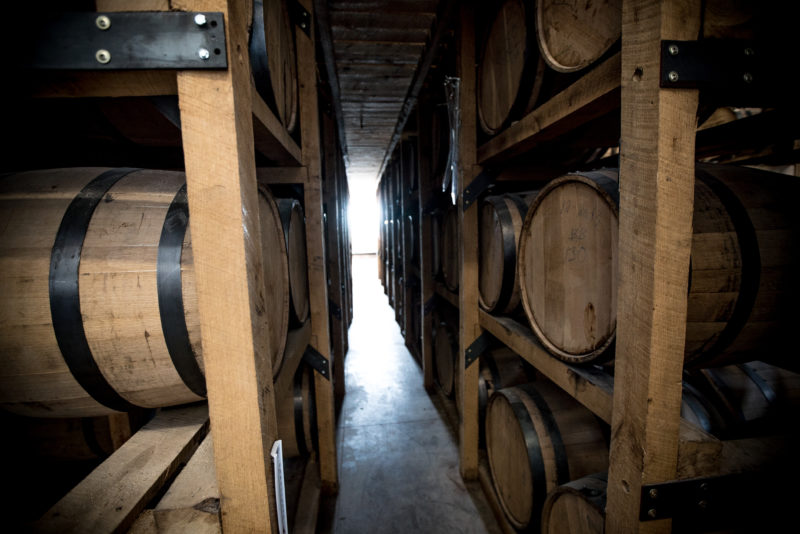 P: Patience
P: Patience
Patience is a virtue indeed. Can you tell us about the facility? Do you locally source all the ingredients? the water? What kind of stills do you use? warehouse storage, casks, etc?
P: Our distillery is a stand-alone facility that we built. We source our grains from a 6 generation family farm 8 miles south of our location. Our water is from our municipality. We distill with batch pot Carl stills and plate columns. Our barrels are stored onsite, however, we are running out of space and need to add a separate rickhouse.
How do you stand out in the current American Whiskey Market?
P: We only age in large barrels, from 3 yr air dried staves. We are committed to proper aging. Our releases are currently all at 4 years. We sacrificed early profits for better whiskey. We do not buy whiskey and sell it. We make all the whiskey we sell.
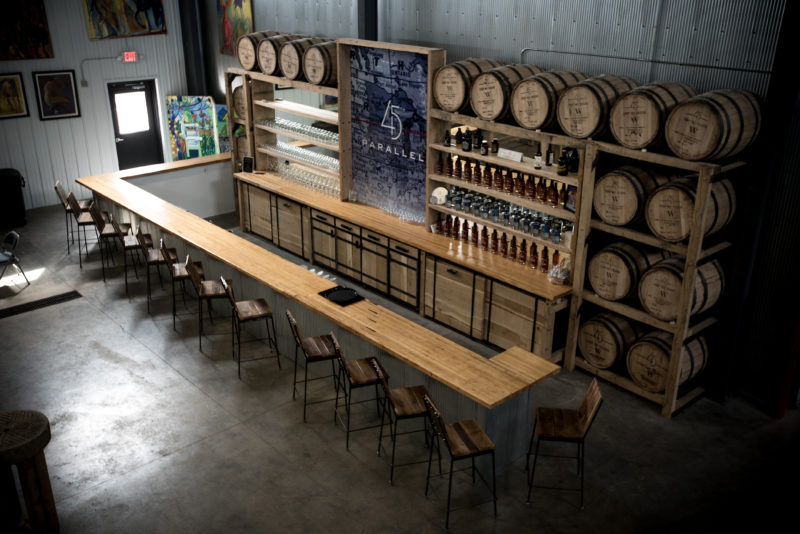 P: Neat or on a few rocks. It depends on the whiskey and the starting proof.
P: Neat or on a few rocks. It depends on the whiskey and the starting proof.
Are there any products we should look forward to sometime in the future?
P: 100 % rye will come out next. French style apple brandy and Single malts down the road.
Anything else you want to share with our readers?
P: This is a fast-changing industry. There will be a lot of new, interesting, some poor quality and some high-quality spirits from small distillers. If small distillers are held to high standards then the readers will get high quality spirits in return.
